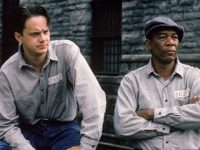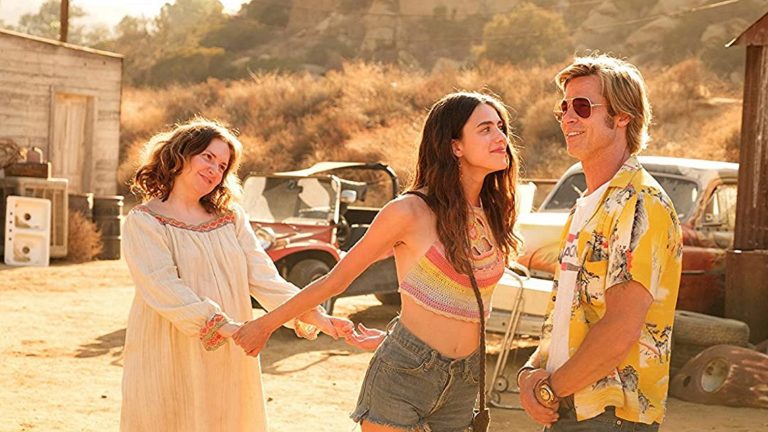Our team compiled the best Quentin Tarantino movies and here is what they came up with
Quentin Jerome Tarantino is a highly acclaimed and influential filmmaker known for his unique and often controversial style of filmmaking. He first gained fame with his debut film, Reservoir Dogs (1992), which was followed by Pulp Fiction (1994), which won the Palme d’Or at the Cannes Film Festival and was a box office success. From there, he directed several other notable films such as Kill Bill (2003-04), Inglourious Basterds (2009), and Once Upon a Time in Hollywood (2019). Tarantino’s films often feature nonlinear storylines, dark humor, and graphic violence, as well as a strong emphasis on music and pop culture references. He is also known for his use of long takes, stylized dialogue, and unexpected plot twists, which have earned him a reputation as a master of storytelling and filmmaking. His films have been nominated for numerous awards, and he has won several, including an Academy Award for Best Original Screenplay for Pulp Fiction.
Here are the 7 best Quentin Tarantino movies to check out on the streaming service.
1. Pulp Fiction (1994)
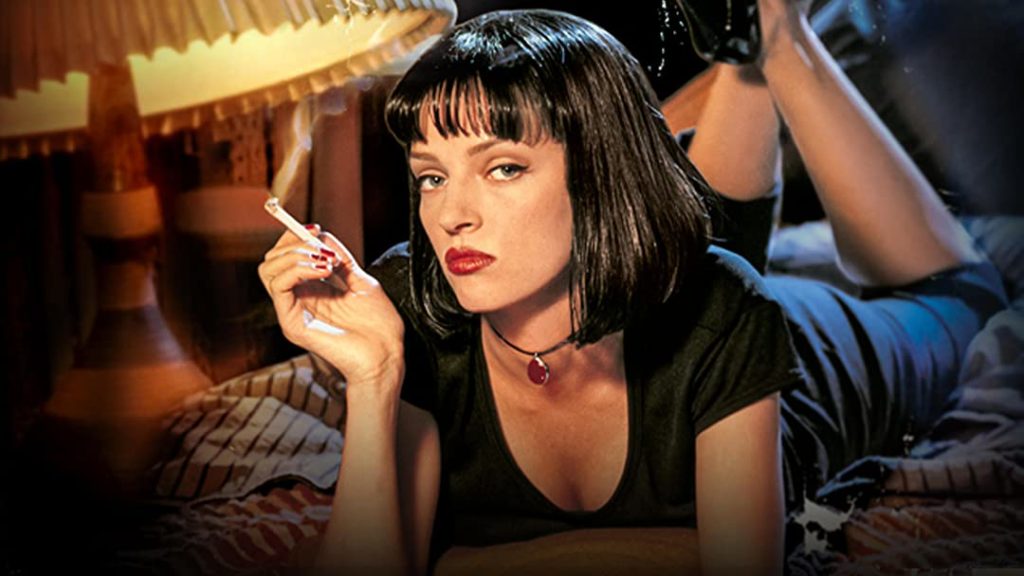
This cult classic crime thriller follows the lives of two mob hit men, a boxer, a gangster’s wife, and a pair of diner bandits as they intersect in four tales of violence and redemption. MPAA Rating: R. Box Office: $237.8M (adjusted for inflation). Year of release: 1994. Starring: John Travolta, Uma Thurman, Samuel L. Jackson, Bruce Willis. Appreciated for its non-linear storyline, ironic mix of humor and violence, and its homages to pop culture.
2. Reservoir Dogs (1992)
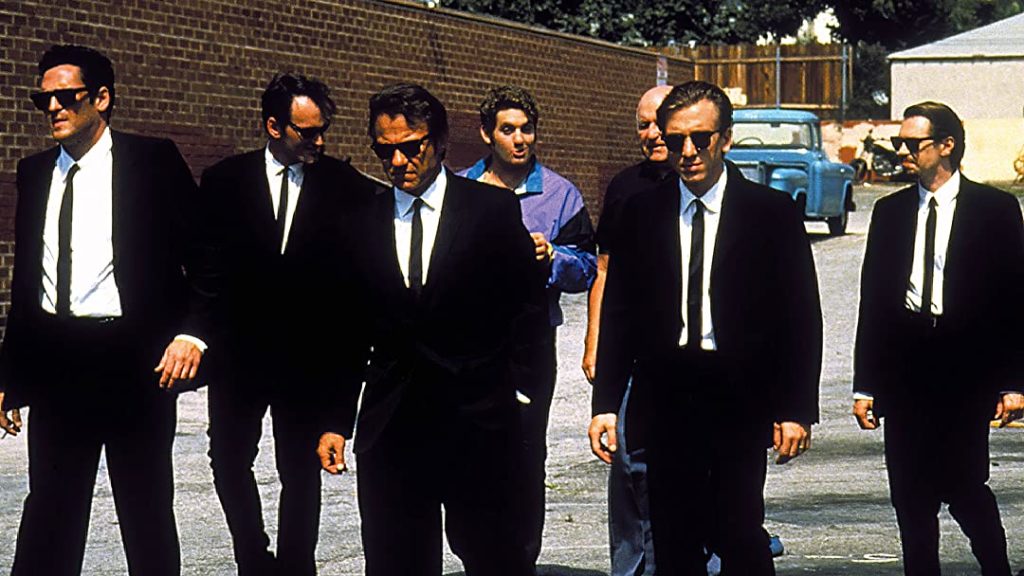
A botched jewelry heist brings together a group of criminals who attempt to figure out who among them is a police informant. MPAA Rating: R. Box Office: $31M (adjusted for inflation). Year of release: 1992. Starring: Harvey Keitel, Tim Roth, Michael Madsen. Appreciated for its sharp dialogue and black humor, creative violence, and its realistic portrayal of criminals.
3. Kill Bill: Vol. 1 (2003)
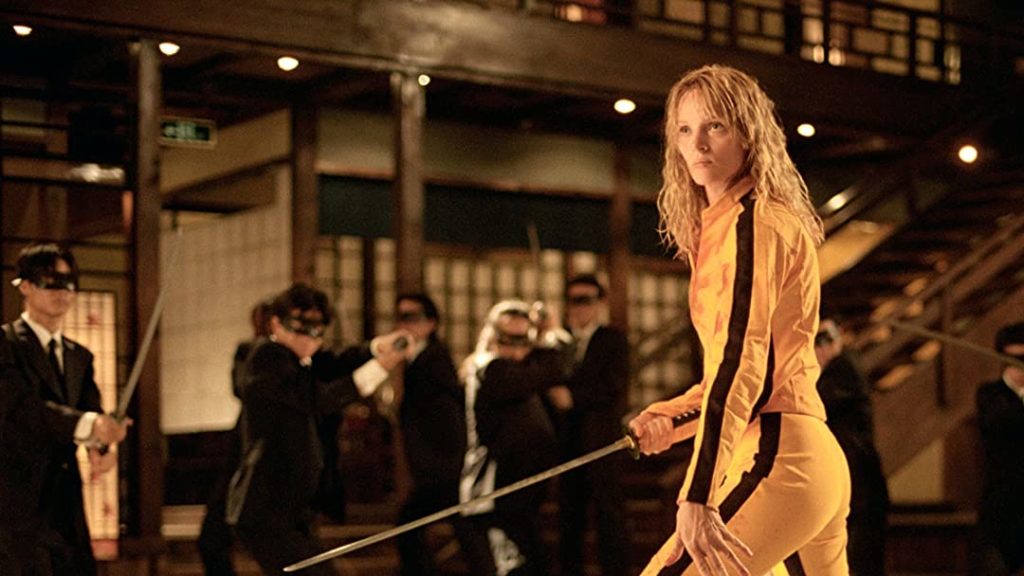
After awakening from a four-year coma, a former assassin seeks revenge on the team of killers who betrayed her. MPAA Rating: R. Box Office: $128.1M (adjusted for inflation). Year of release: 2003. Starring: Uma Thurman, Lucy Liu, Vivica A. Fox. Appreciated for its stylized action sequences, use of highly choreographed fight scenes, and its homage to grindhouse films.
4. Kill Bill: Vol. 2 (2004)
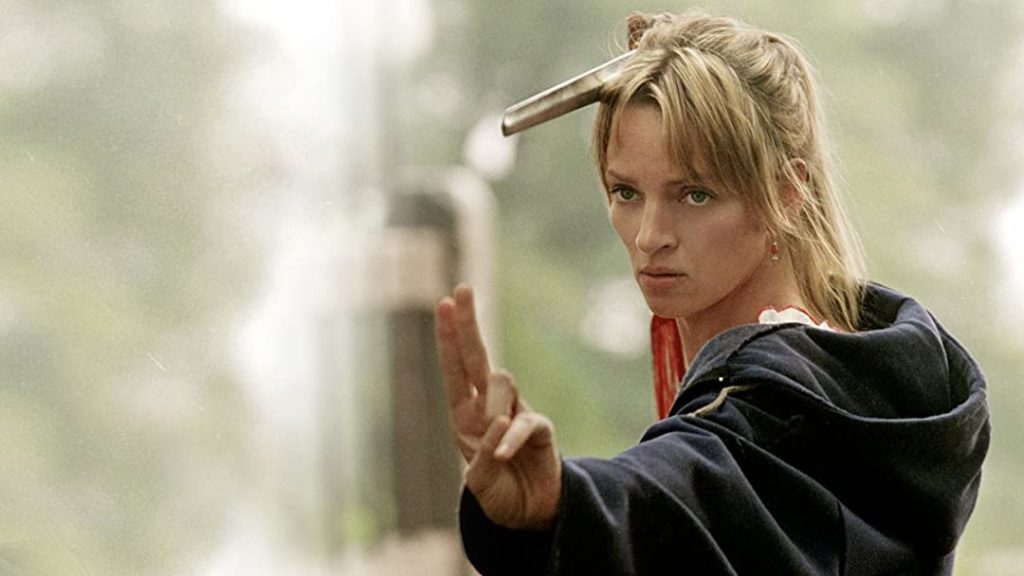
The Bride continues her quest of vengeance against her former boss and lover Bill, the reclusive mastermind of the operation. MPAA Rating: R. Box Office: $93.6M (adjusted for inflation). Year of release: 2004. Starring: Uma Thurman, David Carradine, Daryl Hannah. Appreciated for its continuation of the themes from the first film, its dark comedy and innovative use of flashbacks.
5. Inglourious Basterds (2009)
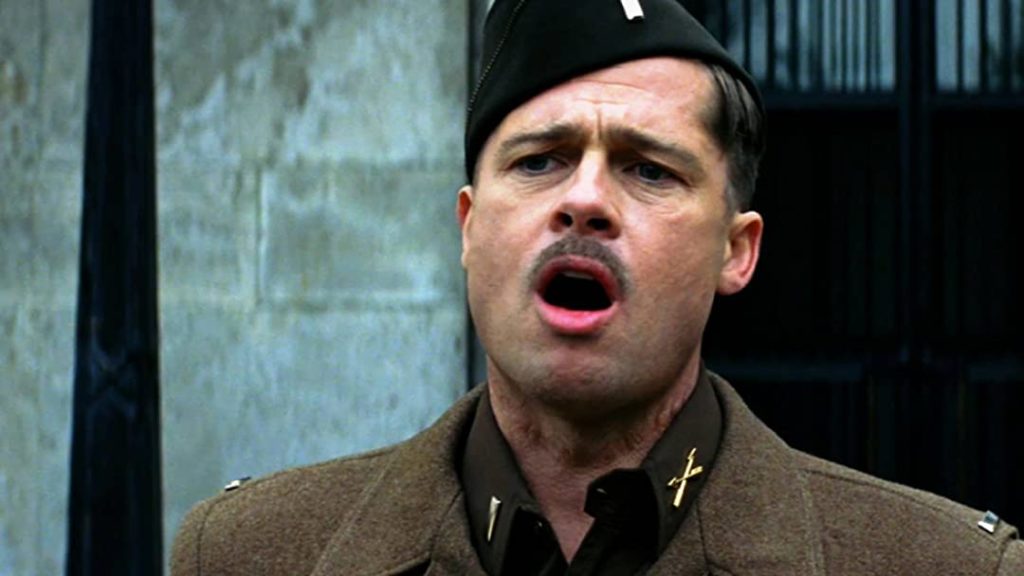
In Nazi-occupied France during World War II, a group of Jewish-American soldiers known as “The Basterds” are chosen specifically to spread fear throughout the Third Reich by scalping and brutally killing Nazis. MPAA Rating: R. Box Office: $140.2M (adjusted for inflation). Year of release: 2009. Starring: Brad Pitt, Christoph Waltz, Michael Fassbender. Appreciated for its clever use of historical revisionism, its dark yet humorous story, and its use of an ensemble cast.
6. Django Unchained (2012)
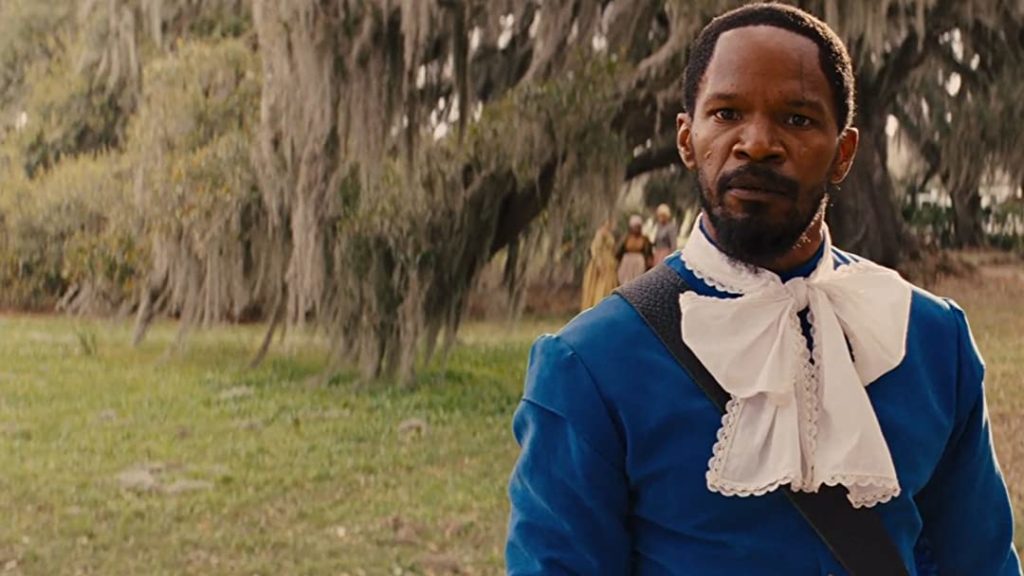
With the help of a German bounty hunter, a freed slave sets out to rescue his wife from a brutal Mississippi plantation owner. MPAA Rating: R. Box Office: $162.8M (adjusted for inflation). Year of release: 2012. Starring: Jamie Foxx, Christoph Waltz, Leonardo DiCaprio. Appreciated for its stylized violence, its exploration of racism in the antebellum South, and its strong performances.
7. Once Upon a Time in Hollywood (2019)
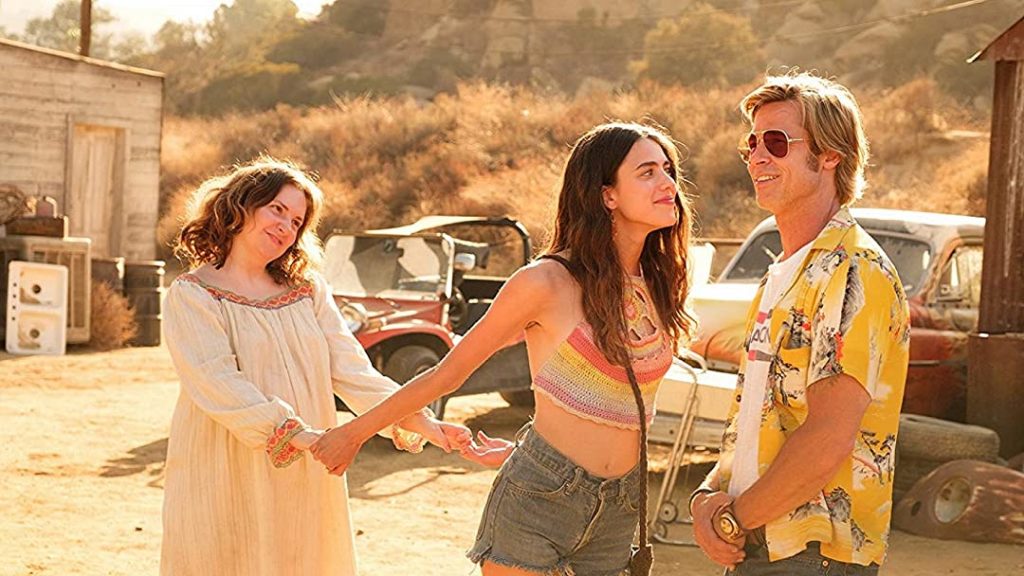
A faded television actor and his stunt double strive to achieve fame and success in the film industry during the final years of Hollywood’s Golden Age in 1969 Los Angeles. MPAA Rating: R. Box Office: $142M (adjusted for inflation). Year of release: 2019. Starring: Leonardo DiCaprio, Brad Pitt, Margot Robbie. Appreciated for its exploration of the film industry, its strong performances, and its use of satire and dark humor.

















